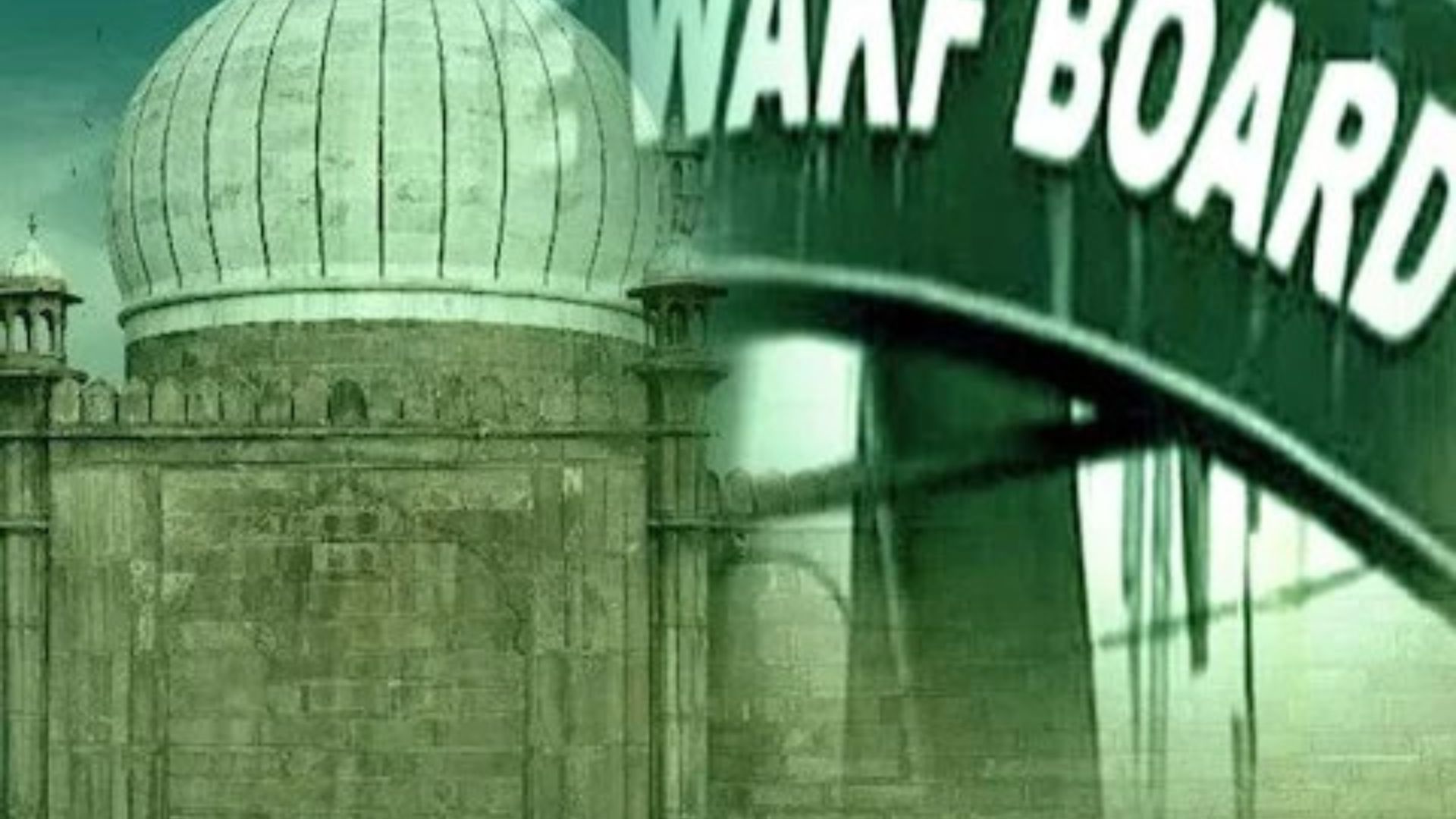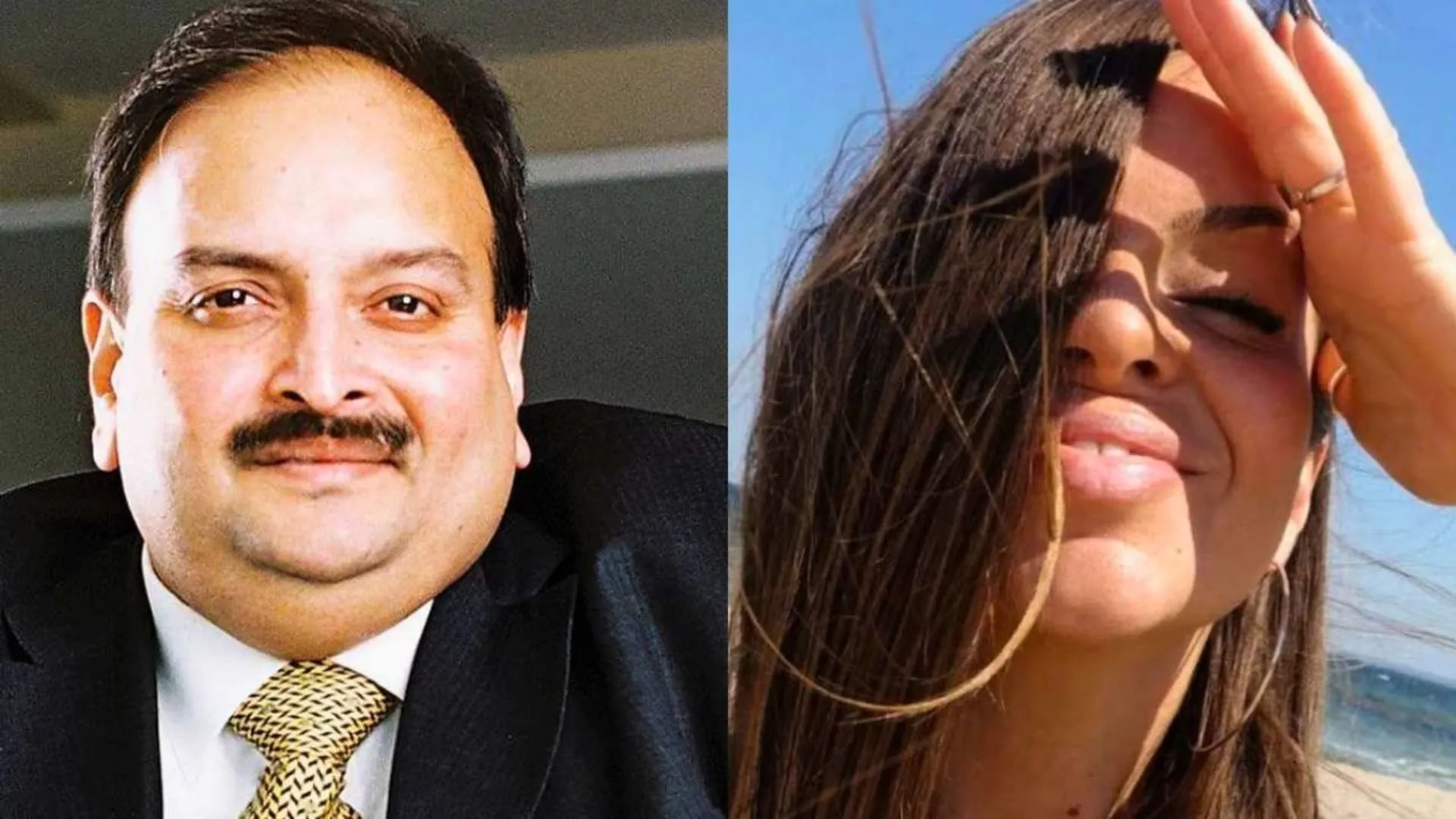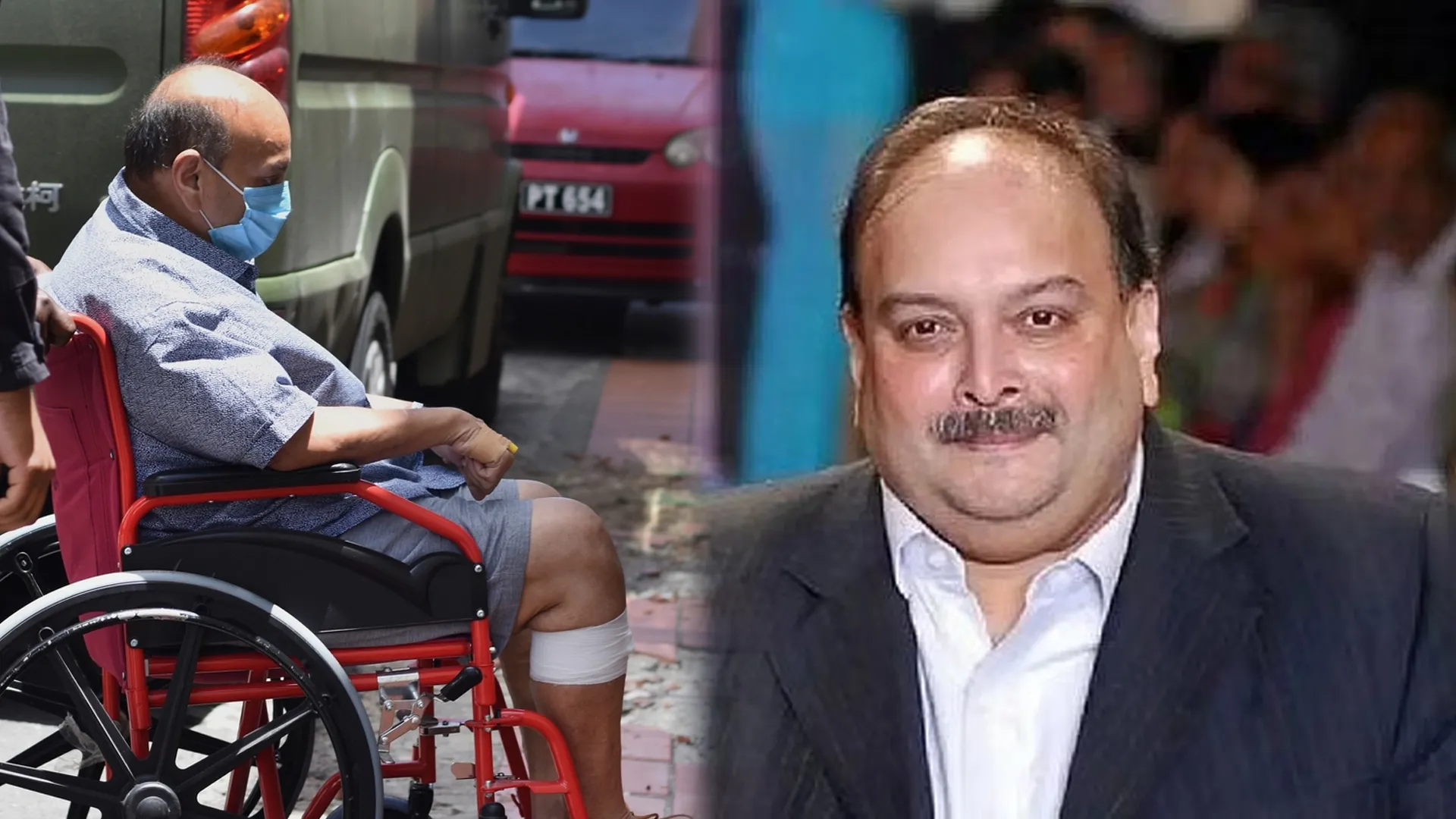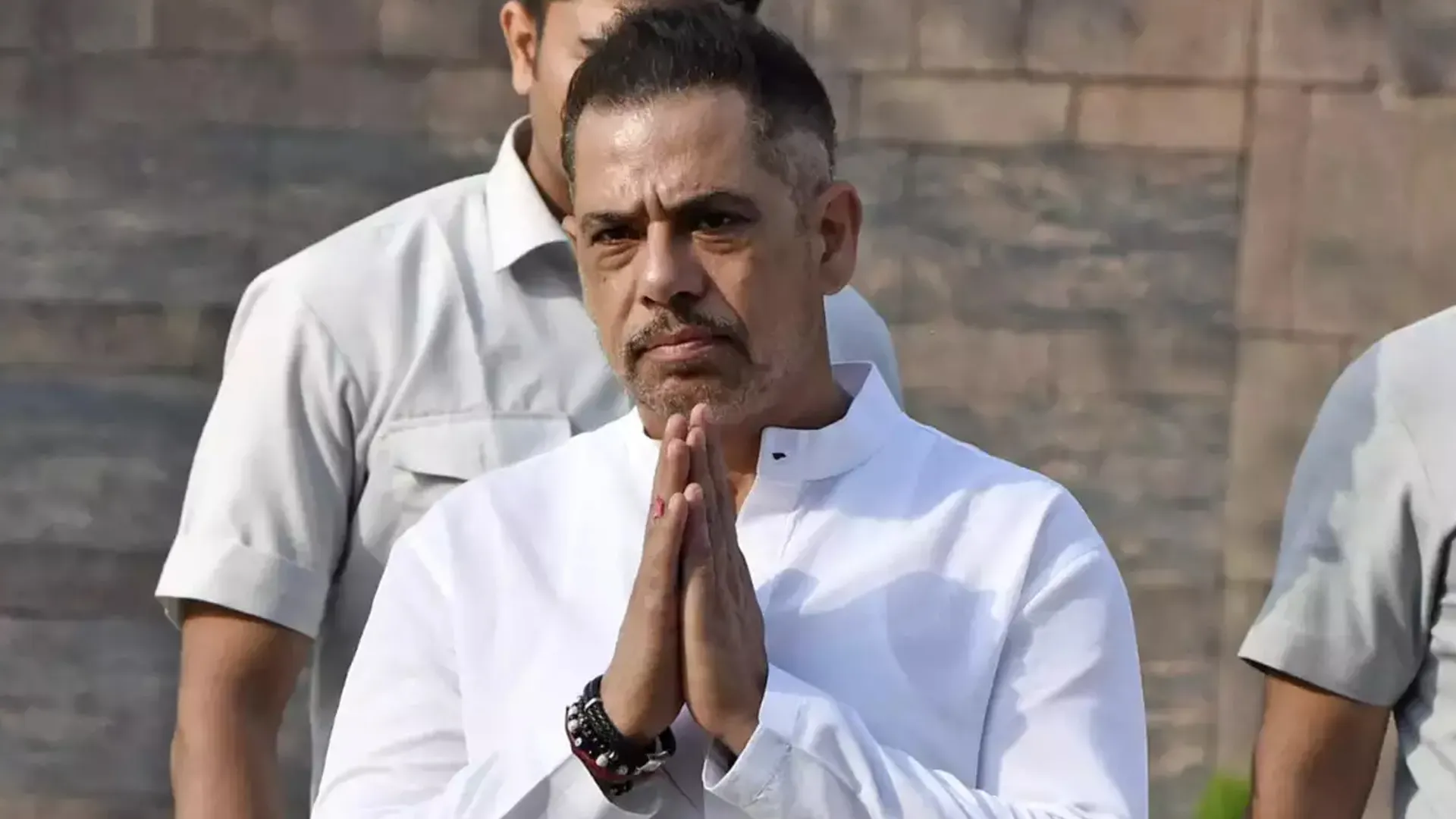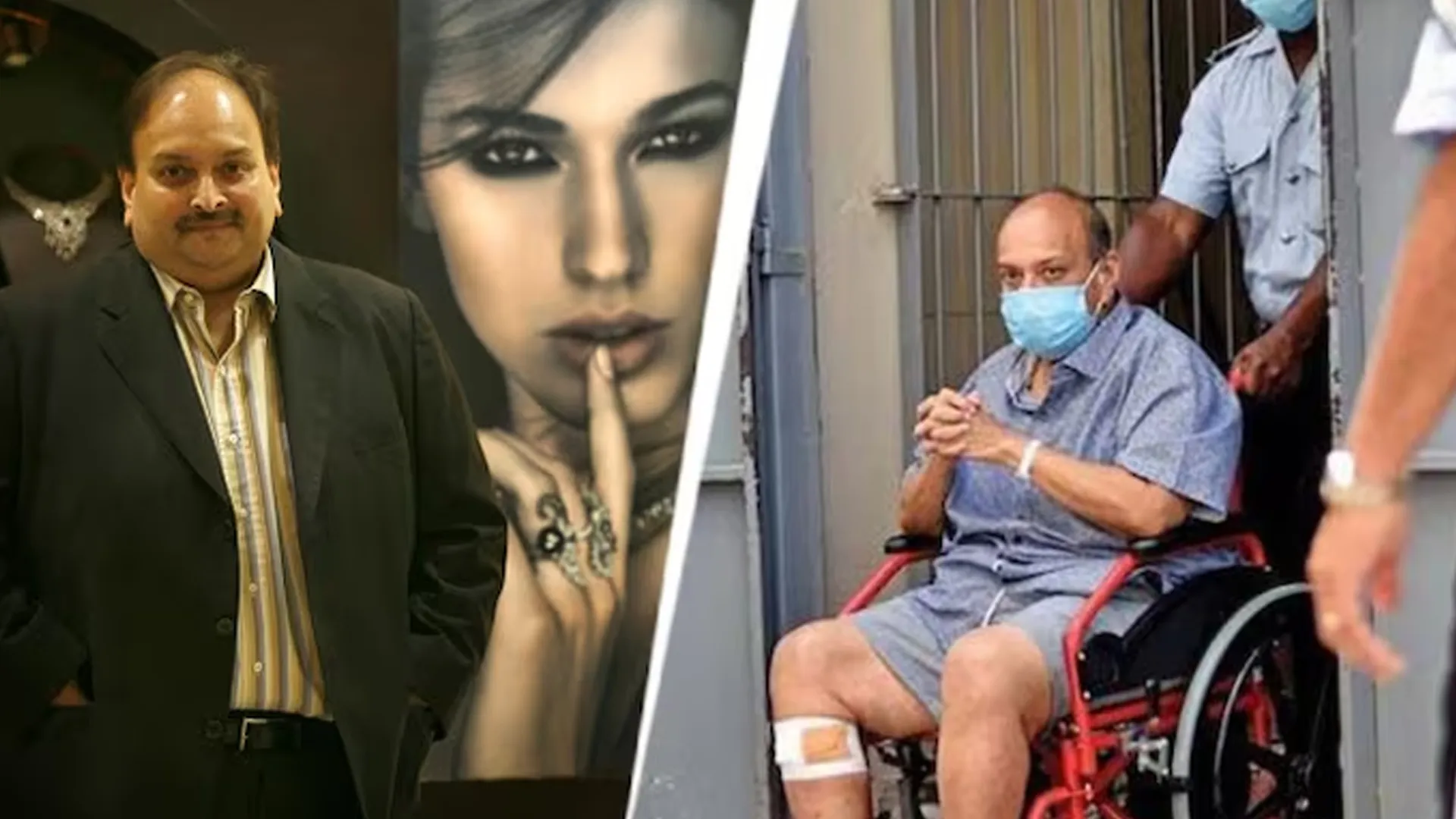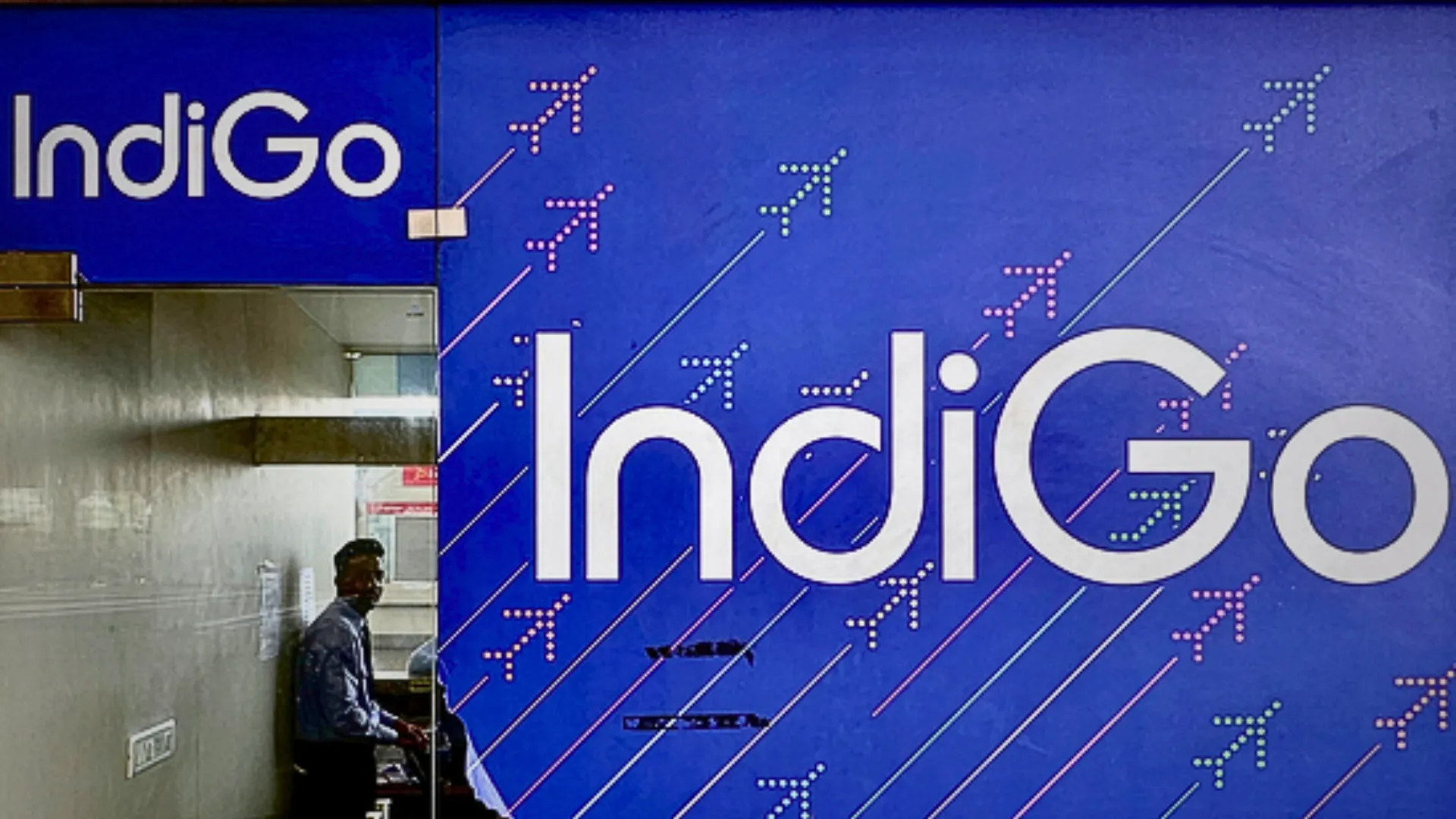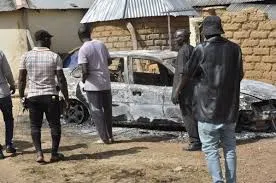The Bharatiya Janata Party (BJP) Minority Front has established a seven-member team to engage with the Muslim community about the Waqf Board Amendment Act 2024 and to collect their feedback. This team is set to submit their findings to the BJP National President and the Chairman of the Joint Parliamentary Committee (JPC).
Formed on August 31, the team includes Shadab Shams (Chairman of the Waqf Board Uttarakhand), Sanawar Patel (Chairman of the Waqf Board Madhya Pradesh), Chaudhary Zakir Hussain (Administrator of the Waqf Board Haryana), Mohsin Lokhandwala (Chairman of the Waqf Board Gujarat), Maulana Habib Haider (National Executive Member of BJP Minority Front), Nasir Hussain (National Executive Member of BJP Minority Front), and Rajbali (former Chairman of the Waqf Board Himachal Pradesh).
The BJP’s leadership has instructed this team to interact with the Muslim community to discuss the Waqf Board Amendment Bill, address their concerns, and explain the benefits of the amendment. The team will travel to various states to meet with Muslim scholars, clarify any misconceptions, and gather suggestions.
Jamal Siddiqui, National President of the BJP Minority Front, stated that many Muslim religious leaders have already been consulted and have not raised objections to the amendment. He asserted that the BJP aims to reclaim Waqf properties from illegal occupation and protect the rights of impoverished Muslims, accusing opposition parties of politicizing the issue.
The Joint Parliamentary Committee (JPC) is also seeking public feedback on the bill. Interested parties can submit their suggestions in English or Hindi to the Joint Secretary of the Lok Sabha Secretariat or via email to jpcwaqflss@sansad.nic.in. Submissions are due within 15 days from the advertisement’s publication.
The JPC, chaired by Lok Sabha MP Jagdambika Pal, held its first meeting on August 22 and is scheduled for further sessions on September 5 and 6. The committee will hear oral evidence from representatives of various ministries, including Housing and Urban Affairs, Road Transport and Highways, Railways, Archaeological Survey of India, and the Ministry of Culture, as well as stakeholders like the Zakat Foundation of India and Telangana Waqf Board.

